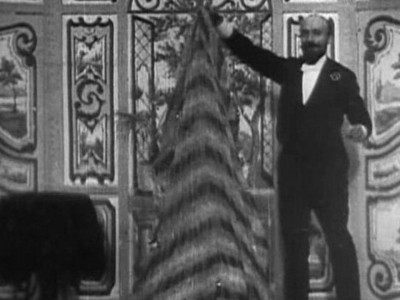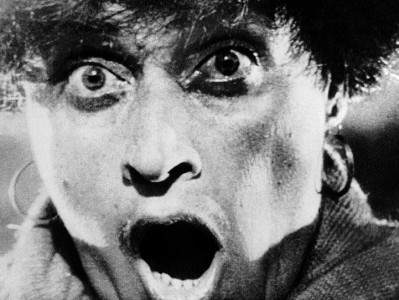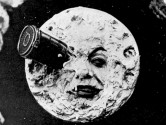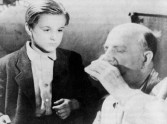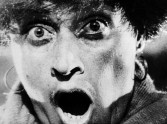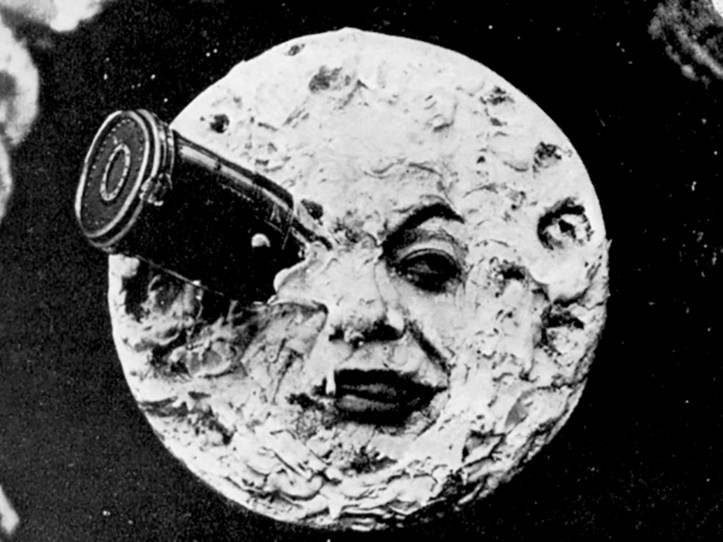
Frames of Mind: Approaches to Film Theory
Early Silent Cinema
This selection of early silent cinema features landmark works from the Lumière Brothers and Georges Méliès. With the invention of the Cinématographe, the Lumière brothers saw the potential of the new medium to both capture and project images of everyday life in their pioneering "actualités." The French magician, illusionist, film director, artist, and designer Georges Méliès took a markedly different turn from his contemporaries, constructing never-before-seen worlds in which human beings become comic creatures with fantastic costumes and makeup, liable to disintegrate or metamorphose into anything.
PROGRAM
-
First Program of the Lumière Brothers
Directed by Louis and Auguste Lumière.
France, 1895, black & white, silent, 9 min.
At the very birth of the cinema the pioneering French magician, illusionist, film director, artist, and designer Georges Méliès (1861-1938) recognized the immense potential of the new medium to create never-before-seen worlds. Between 1896 and 1912 he directed some 500 films, of which fewer than 100 are known to have survived. Described by Chaplin as an "alchemist of light", Méliès was at once illusionist and pantominist: in his films, human beings become comic creatures with fantastic costumes and makeup, liable to disintegrate or metamorphose into anything.
Six weeks before the Lumière brothers' legendary screening in Paris of the "first" motion picture, three German brothers in Berlin screened eight film loops. In between the acrobatics and juggling that also occupied their life, Max, Eugen and Emil Skladanowsky had invented the Bioskop. A century later, internationally renowned filmmaker Wim Wenders brings these little-known pioneers to the fore with this whimsical and touching film. With the help of his students from the Munich Film Academy, Wenders captures their story with a mix of documentary and recreated footage—much of it shot silent at eighteen frames per second with a vintage hand-cranked camera.

